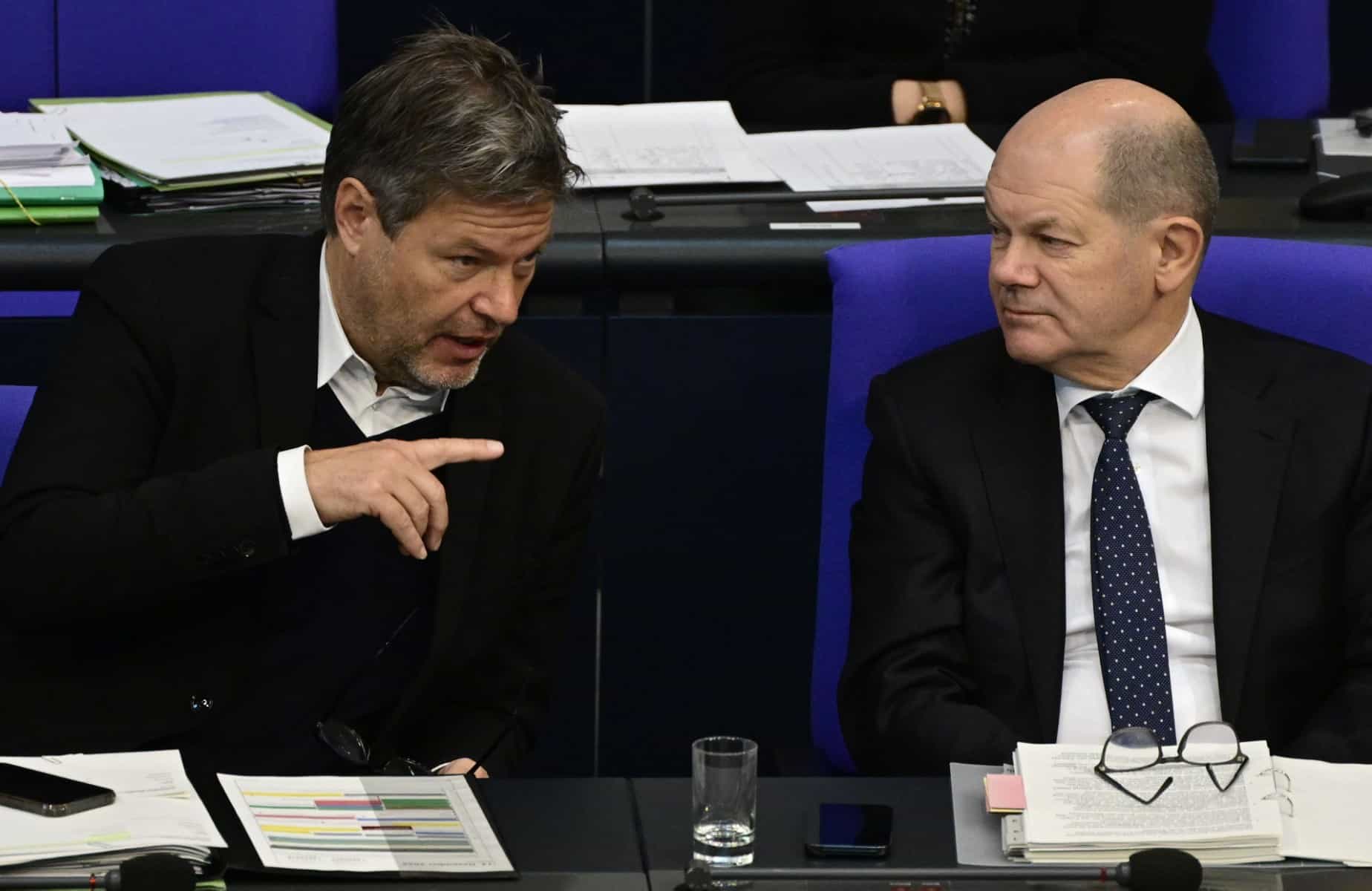Berlin, Germany – German Chancellor Olaf Scholz said Wednesday that Europe would stand united in any dispute with the United States over lucrative green subsidies that the EU fears will trigger job losses.
Speaking to parliament ahead of a European Union summit in Brussels, Scholz said Washington’s massive climate protection package marked an “impressive contribution to the transformation of the US economy”.
He added that EU partners had “long hoped for” decisive US steps to address climate change.
However Scholz said the big spending “must not hinder fair competition”.
“That is why I strongly support the intensive talks by the European Commission with the US” on the issue, he said, noting that he and France’s Emmanuel Macron had both discussed the matter with US President Joe Biden.
“Because we must not let ourselves be divided in the transatlantic relationship — to the contrary. Rather than a big conflict, we must foster even greater cooperation.”
Washington’s landmark Inflation Reduction Act contains around $370 billion in subsidies for green energy, as well as tax cuts for US-made electric cars and batteries.
Several EU leaders including Macron have said the US subsidies are enticing European companies to relocate to the United States.
During Macron’s state visit to Washington, Biden mentioned “tweaks” to the measures so that European companies would not be unfairly treated but these have not yet taken shape.
Trade and technology talks last week outside Washington between US and EU officials failed to reach a breakthrough.
But EU’s trade commissioner Valdis Dombrovskis told reporters after the talks that “we are leaving this meeting slightly more optimistic than we were entering (it)”.

